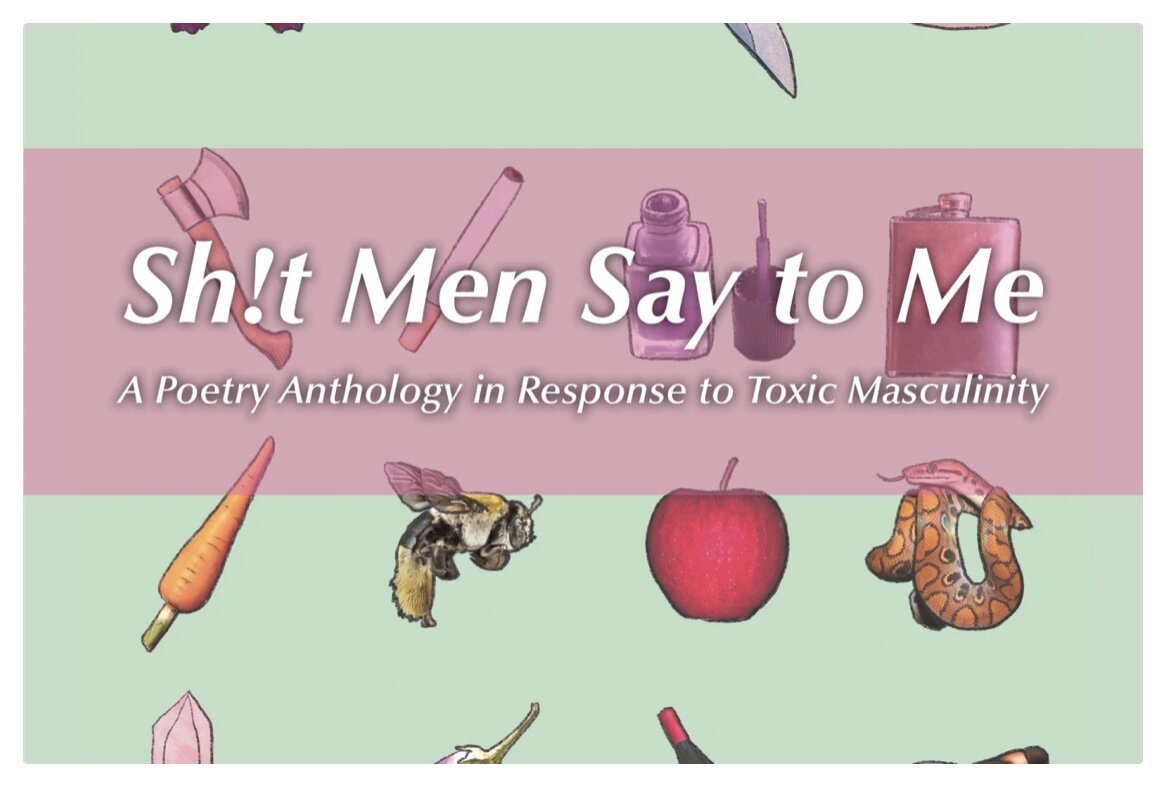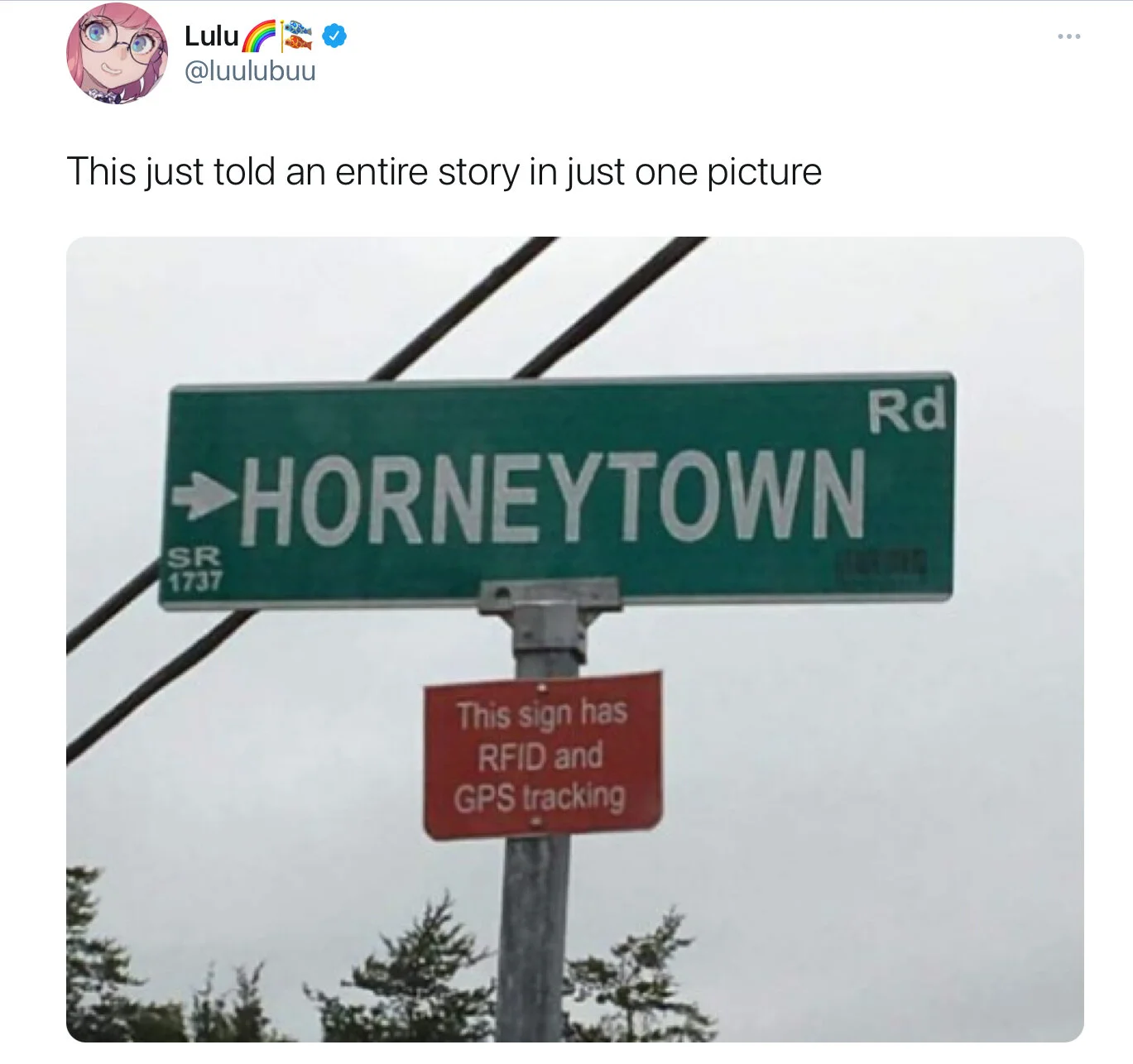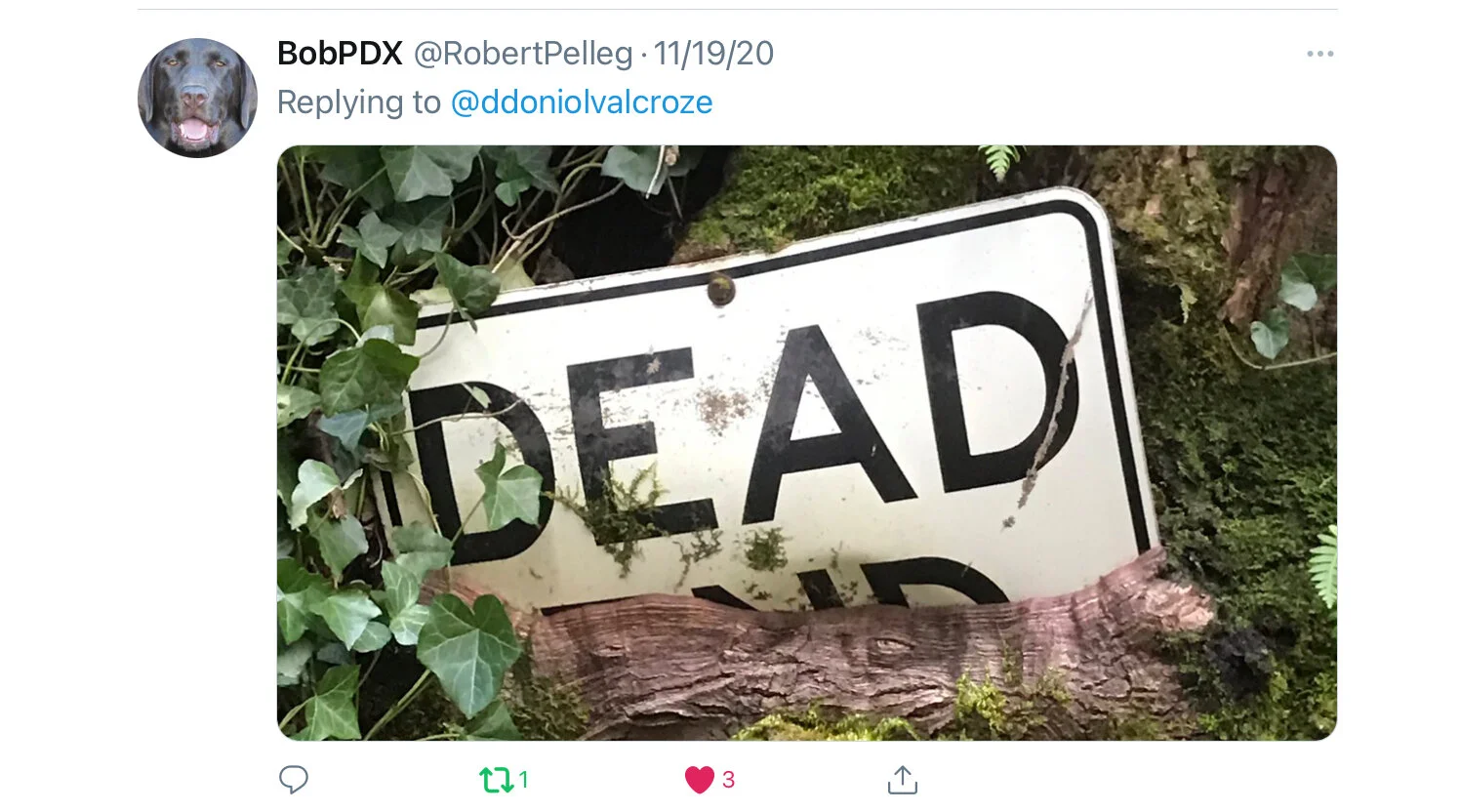I’ve joined a writing workshop under Eric Morago, and it’s pushing me to expand my focus from individual poems to collections—their structure, motifs and themes. Unless a poetry collection is clearly arranged for a specific purpose, I usually skip around and ignore the placement of individual poems, which of course doesn’t help me prepare my own manuscript. I am truly enjoying this broader perspective in looking at poetry.
As part of the class, each of us was assigned to choose a collection and discuss its organization and themes as well as create a writing prompt. I chose Oliver de la Paz’s The Boy in the Labyrinth, a book I had longed for after reading his poem “Autism Screening Questionnaire—Speech and Language Delay.” The beauty of the poem’s answers to the harsh clinical questions stunned me the elusive quality of metaphor and imagery slipping the pinning of categories seemed akin to both parenting and writing—or any creation.
The book itself uses the structure of the Greek ode with its strophe, antistrophe and epode further divided into episodes of the introductory “Chorus” word problem or fill-in-the-blank poem and subsequent Labyrinth prose poems. The movement and structure dramatize the Greek myth of the Minotaur and the Labyrinth. The inclusion of word problems and the three “Autism Screening Questionnaire” poems build upon themselves layer by layer, adding the outside world into an ever deeper interior. Sometimes the prose poems begin on the image from the previous as if we too are following the red string. Fascinating.
The poet discusses the structure here in an interview:
I almost always think of individual poems with respect to the poems adjacent to them—how a particular poem activates or negates the work surrounding it. I think in motif and pattern, and I love making bigger connections both in my own writing and in the work of writers whom I enjoy, either in individual poetry collections or a life’s work.
For the prompt, I want to use one of the Labyrinth prose poems for inspiration :




































